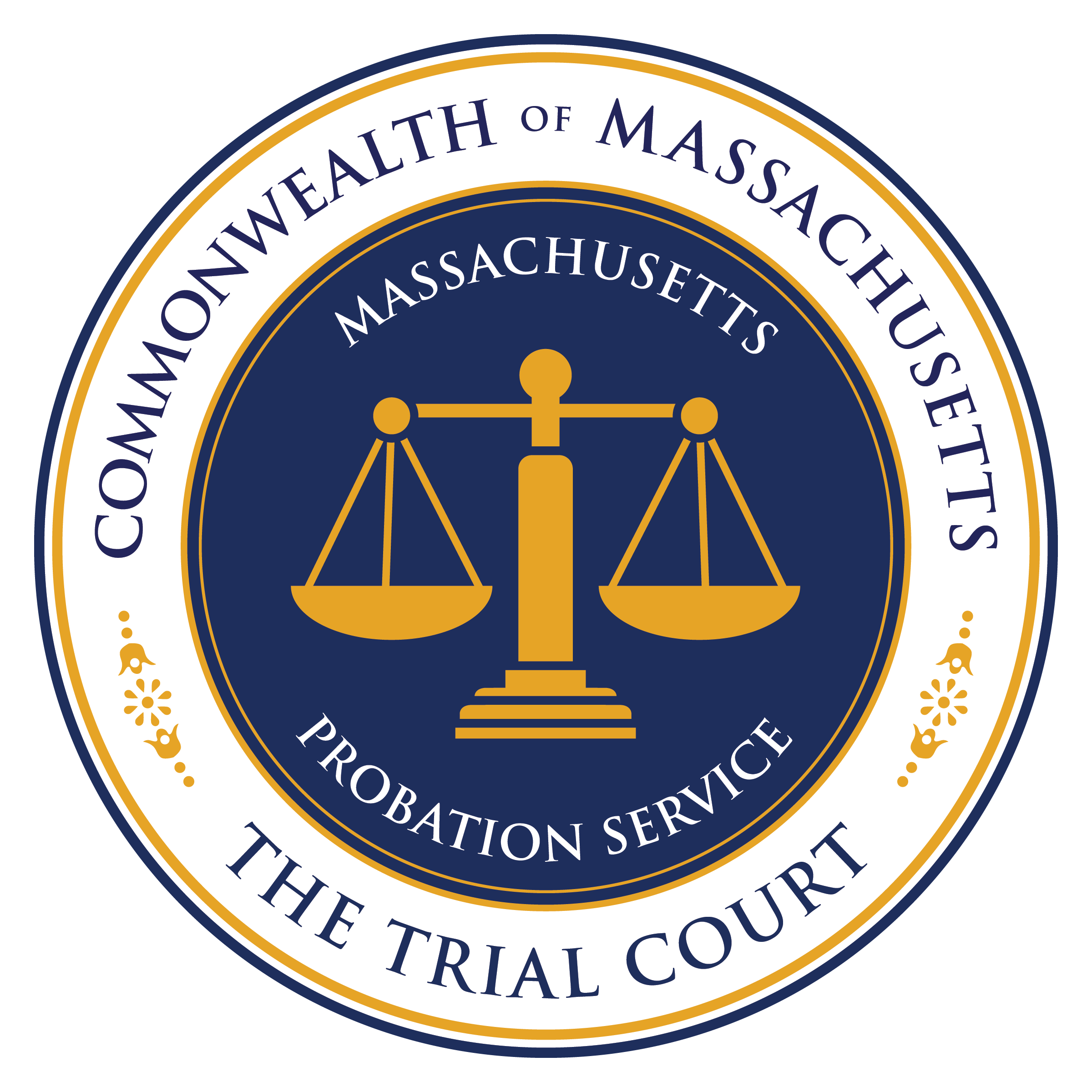- Massachusetts Probation Service
Media Contact
Coria Holland, Communications Director
National Drug Court Month is a celebration of the lives restored by Drug Court.
There are 32 adult drug courts within the Massachusetts Court System. Drug courts provide intensive, supervised probation and mandatory treatment, as well as random drug testing with progress monitored by a supervising probation officer. The court works with treatment providers, which provide clinical assessments, develop and monitor treatment placements, and identify ancillary counseling, case management and outreach services.
"Massachusetts’ first Drug Court is based on work initiated by Harry Spence, former Trial Court Administrator, which led to the array of drug courts in the state today and also created the partnership with UMass Medical School as our Center of Excellence partner working to support the Trial Court in developing and using data to maintain fidelity for evidence-based practices and to improve outcomes," said Probation Commissioner Edward Dolan.
Massachusetts Courts also refers to Drug Courts as Specialty Courts or problem-solving court sessions. Specialty court focus on substance use disorder (drug courts), mental health issues (mental health courts), veterans’ issues (veterans treatment courts), and Homeless Court (chronically homeless). There are also voluntary courts such as the Family Resolutions Court (FRSC). FRSC, located at the Hampshire Probate and Family Court, gives divorcing and separating parents the chance to resolve their differences in a child-centered way and with less conflict. There is also a special Family Drug Court session at Franklin Probate and Family Court in Greenfield which helps families that have a parent who is struggling with substance use disorder.
The first drug court in the US was established in Miami-Dade County, Florida, in 1989, as a response to the growing crack cocaine problem plaguing the city. All 50 US states and Washington, D.C. now have drug courts, with a total of more than 3,700 courts as of 2020, according to the National Association of Drug Court Professionals (NADCP).
The National Association of Drug Court Professionals (NADCP) cites the following data as evidence of Drug Court success:
Reduces crime: Nationwide, 75%of Drug Court graduates remain arrest-free at least two years after leaving the program. Rigorous studies examining long-term outcomes of individual drug courts have found that reductions in crime last at least three years and can endure for over 14 years.
Cost savings: Drug courts produce cost savings ranging from $3,000 to $13,000 per client. These cost savings reflect reduced prison costs, reduced revolving-door arrests and trials, and reduced victimization.
Ensure Compliance: Without probation supervision and being held accountable by a judge, 70% of defendants drop out of treatment prematurely. Drug courts are six times more likely to keep offenders in treatment long enough for them to get better.
Massachusetts Adult Drug Courts
The District Court operates 29 adult drug court sessions in:
- Barnstable
- Brockton
- Cambridge
- Chelsea
- Dudley
- East Brookfield
- Fall River
- Falmouth
- Fitchburg
- Framingham
- Greenfield
- Haverhill
- Hingham
- Lawrence
- Lowell
- Lynn
- Malden
- New Bedford
- Newton
- Northampton
- Orange
- Pittsfield
- Plymouth
- Quincy
- Springfield
- Taunton
- Uxbridge
- Wareham
- Worcester
The Boston Municipal Court four drug court sessions in:
- Charlestown
- Dorchester
- East Boston
- South Boston
The Probate & Family Court has one drug court session at:
- Franklin County Probate & Family
